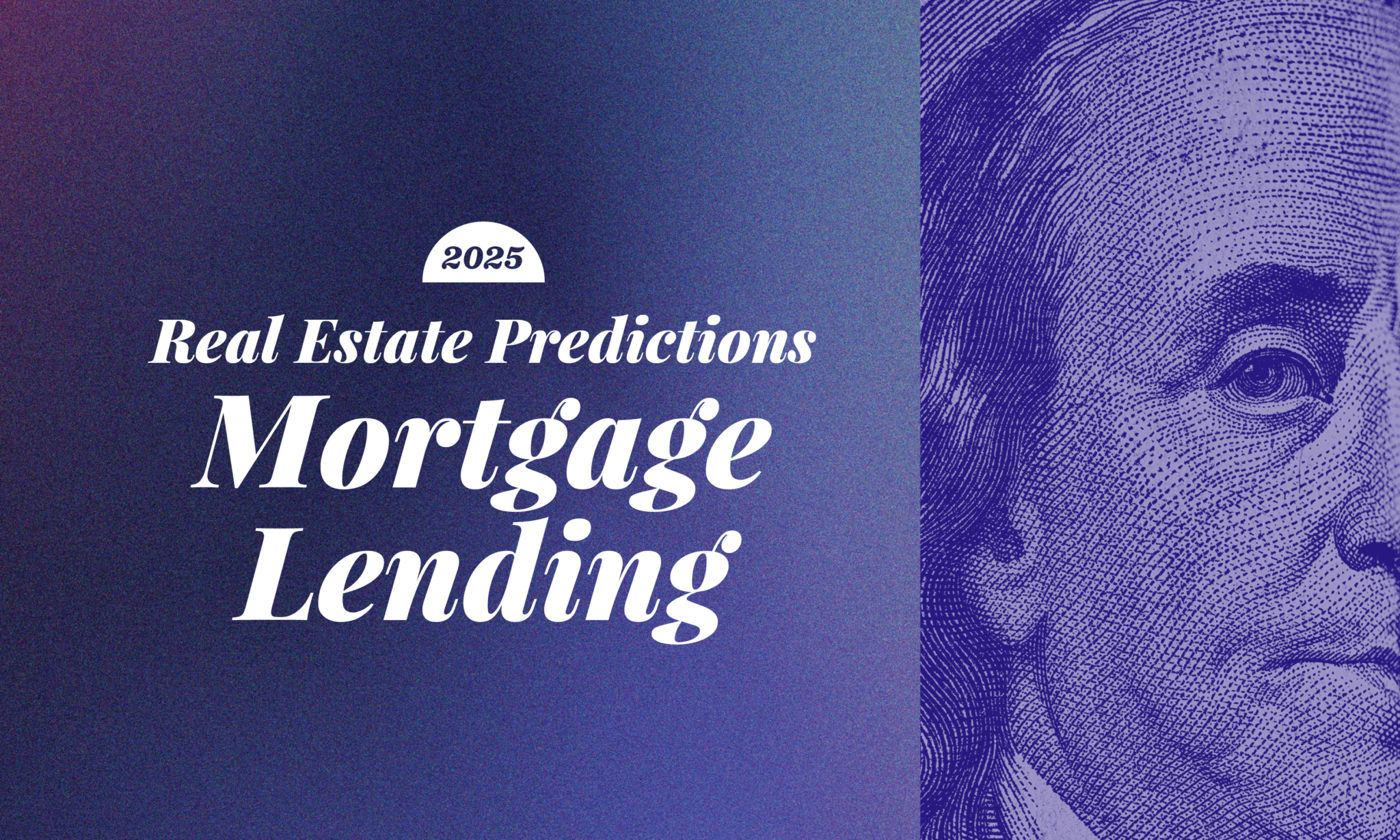Featuring the perspectives of:
Jeremy Collett
Chief Capital Markets Officer, Rate
Kim Nelson
CEO, BankSouth Mortgage
What do you expect to happen with interest rates in 2025?
Kim Nelson: While it’s challenging to predict exact interest rates, many economists anticipate that they may stabilize or even decrease slightly in 2025. Factors such as inflation control and economic recovery will play significant roles in influencing central bank decisions. For Realtors, understanding these trends can help guide clients in making informed decisions about buying homes and securing mortgages.
Jeremy Collett: Markets have been trading decisively risk-on since Trump’s election win, characterized by large rallies in equities and crypto currencies. The inflows to higher returning investments have left the bond market teetering and as a result interest rates have moved materially higher. The outlook for future Fed rate cuts has cooled and our base case suggests we’ll only see 50-75 bps of cuts next year — so rates should be “lower, but slower.” Thirty-year mortgage rates likely remain in the 6s throughout 2025.
What will be the biggest challenges and opportunities for lenders in 2025?
Collett: 2025 looks like it will be more of the same for mortgage originators, with focus remaining on cost control, incorporating tech to chop origination costs and building upon diverse product offerings to deal with the market challenges of sustained elevated interest rates. There is tremendous uncertainty around impacts of tariffs, deportation and GSE (government sponsored enterprise) reform to also cope with.
Nelson: Lenders may encounter tighter regulations, increased competition from fintech companies and evolving consumer preferences. Economic uncertainties could also affect borrower confidence and loan demand. Conversely, this landscape presents opportunities for lenders to leverage technology, such as AI and machine learning, to enhance customer experiences, significantly improve speed from application to loan approval and streamline operations. Realtors should consider partnering with mortgage companies that embrace innovation, as this collaboration can provide clients with seamless transactions and tailored solutions.
What will be the impact of AI on mortgage lending in 2025 and beyond
Nelson: AI is poised to revolutionize mortgage lending by automating processes like underwriting, improving fraud detection and personalizing customer interactions. This could lead to almost instant loan approvals and more accurate risk assessments, ultimately benefiting borrowers. Realtors who align with forward-thinking mortgage companies can offer their clients a significant advantage, ensuring a smoother home-buying experience.
In conclusion, as the mortgage lending landscape evolves, Realtors and builders have an incredible opportunity to enhance their services by partnering with the right mortgage companies. This collaboration can lead to better outcomes for clients and a competitive edge in the market.
Collett: In 2025, I believe AI is most likely to impact areas like compliance and underwriting, with its ability to quickly call up massive amounts of guidelines and regulation data and insert them into the origination process. There is certainly room and demand to incorporate AI functionality involving OCR technology, which is currently used in the conforming world, into the NQM market.



